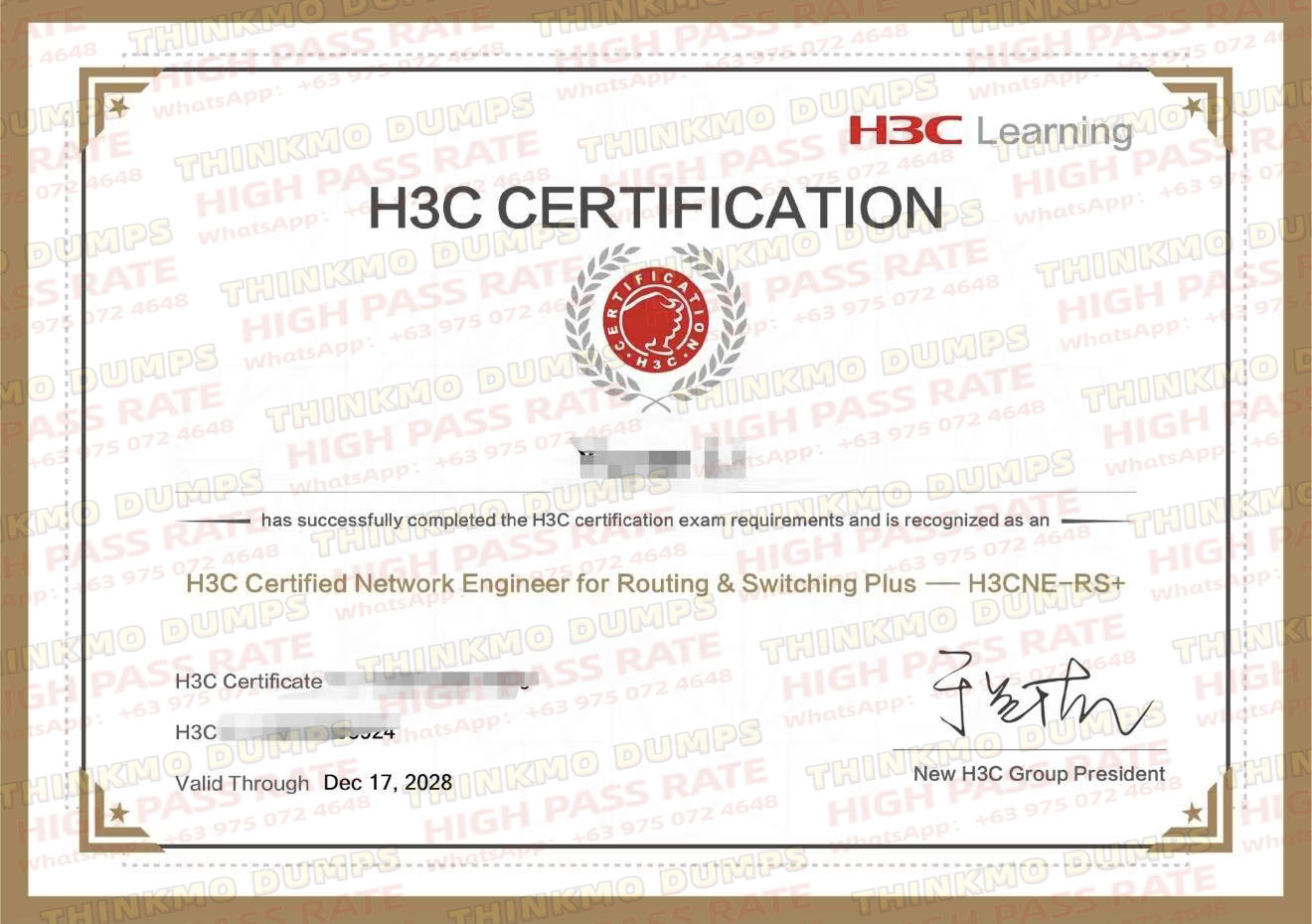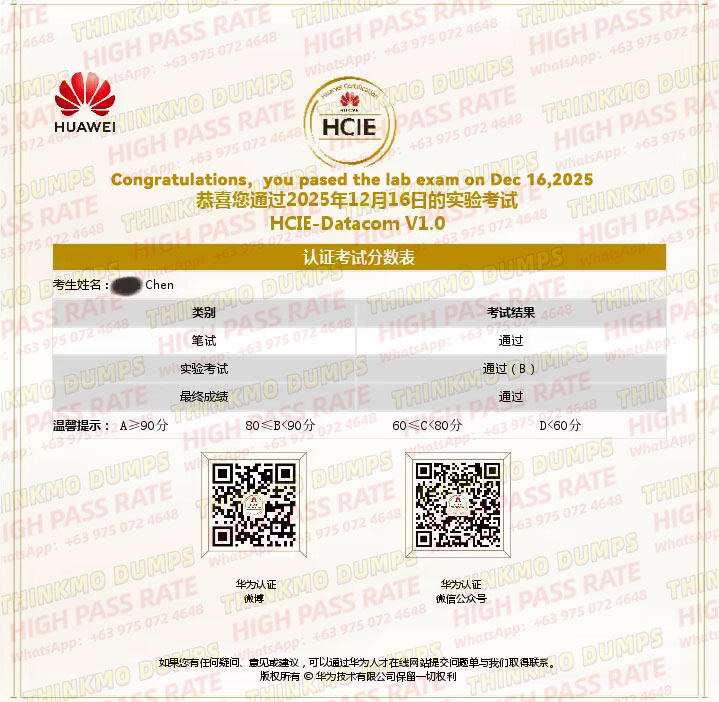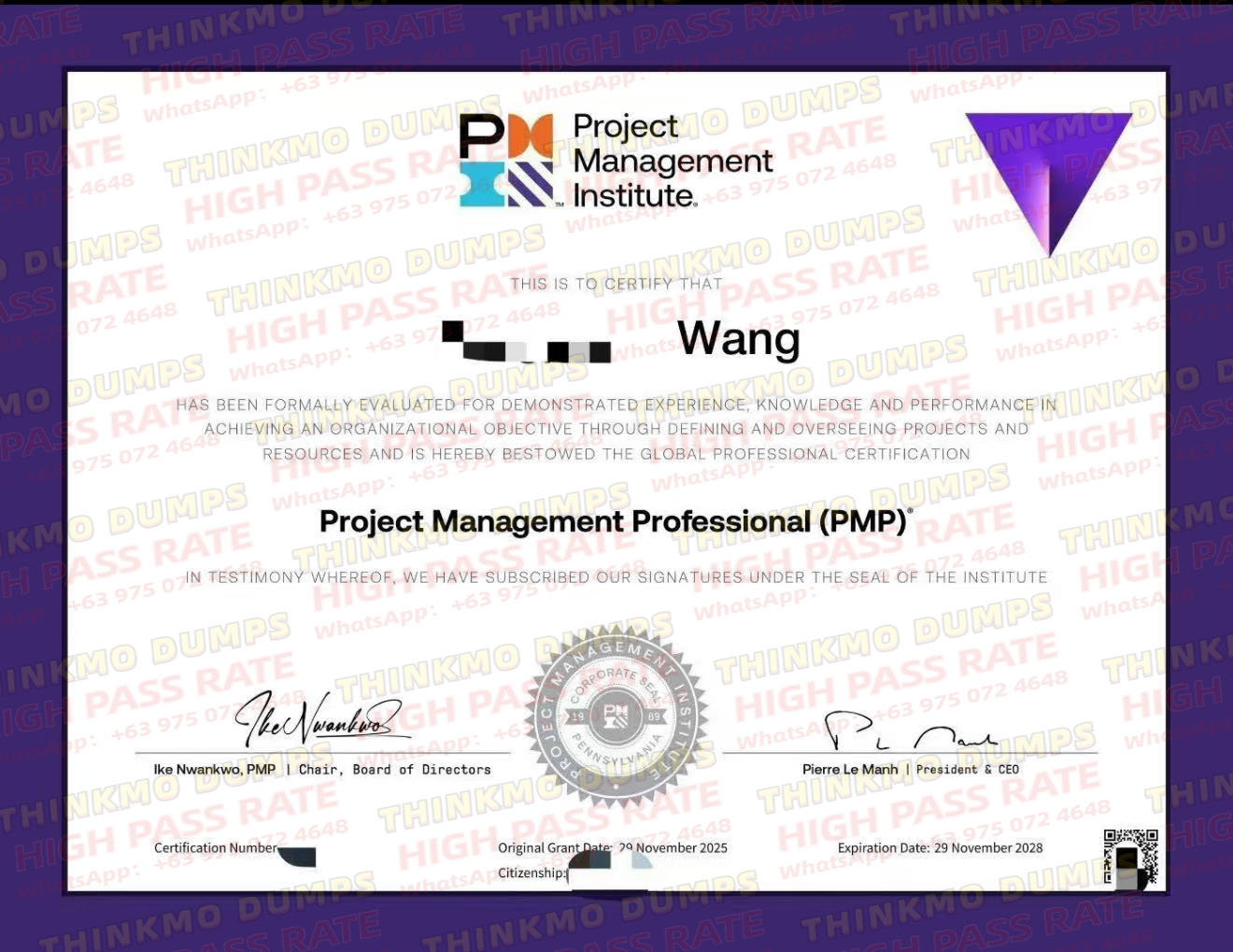What are the levels of Huawei openEuler (Euler) certification?
Update time:2025-09-16
Many people ask: “I want to get Huawei openEuler certification but I can’t tell HCIA, HCIP and HCIE apart — what do they each mean, what level do they correspond to, and which should I start with?”As someone with hands-on experience, I’ll explain it clearly — Huawei’s openEuler certification uses the familiar three-tier model (junior → intermediate → expert), and each level targets a different role in domestic OS operations.It’s not that “higher is always better”;it’s that the right level should match your current skills and career goal.

1.Overview of the certification framework
The openEuler certification (openEuler Engineer Certification) has three progressive levels, each matching typical career stages:
HCIA (Junior) — entry level: basic openEuler operations
HCIP (Intermediate) — enterprise operations engineer: able to deploy and troubleshoot clusters
HCIE (Expert) — architecture & kernel expert: design large systems and perform kernel tuning
You can register for any level (there’s no hard prerequisite), but it’s recommended to progress HCIA → HCIP → HCIE to avoid gaps in foundational knowledge.

2.Core competencies and exam requirements by level
HCIA — openEuler (Entry / Basic operations)
Who it is for: newcomers to openEuler / people who need to perform basic Euler operation tasks.
Core skills:
System basics: installation, partitioning, boot flow, rescue mode
Day-to-day admin: common Linux commands, user & permission management, dnf package management
Basic services: simple Nginx/MySQL deployment and understanding differences between Euler and CentOS
Exam format & preparation:
90-minute written/PC exam (single choice, multiple choice, true/false, fill-in, drag & drop)
Passing: 600/1000
Typical study time: 1–2 months

HCIP — openEuler (Intermediate / Enterprise operations)
Who it is for: engineers with Linux fundamentals who will operate openEuler in production.
Core skills:
Cluster management: Ansible for bulk ops, NFS shared storage, Pacemaker HA configuration
Troubleshooting: three-step triage (network → service → application), log analysis, adaptation to different architectures
Ecosystem adaptation: optimization for Kunpeng servers, Huawei Cloud integration, openGauss deployment
Security basics: firewalld, SELinux policies, central log management
Exam format & preparation:
Combined exam: theory + lab (short theory + 90-minute lab): commonly represented as “20 + 90”
Designed for those with roughly 1 year Linux experience
Typical study time: 3–4 months
Tip for preparation: focus on scenario practice — deploy clusters, reproduce faults and fix them, and use up-to-date practice dumps to sharpen the exam rhythm and identify weak points.

HCIE — openEuler (Advanced / Architect)
Who it is for: senior engineers (3+ years), technical leads and architects working on large or critical projects.
Core skills:
Architecture design: government cloud, edge computing, hybrid cloud scenarios
Kernel optimization: tuning, custom kernel compiling, kernel-level troubleshooting
Ecosystem collaboration: multi-core Kunpeng tuning, deep integration with openGauss, cross-product interoperability
Project delivery: migration plans, performance testing, ops standards and runbooks
Exam format & preparation:
Written exam + 8-hour hands-on lab, focused on architecture, deployment, troubleshooting and documentation
Nationally scarce credential;typical study & practice cycle: 6–8 months

3.Key practical questions
Should I follow HCIA → HCIP → HCIE?
There is no strict requirement to take them sequentially, but it is strongly recommended.Jumping straight to HCIP or HCIE from zero risks large knowledge gaps.Sequential progression reduces wasted effort and improves pass rates.
Certificate validity and recertification
Validity: typically 3 years for all levels.
Recertification: HCIA/HCIP usually require re-taking the written exam;HCIE offers options such as passing the written or making recognized technical contributions to renew.
Employment value comparison
HCIA: entry ticket to domestic openEuler roles and basic operations jobs.
HCIP: proves you can run and troubleshoot production clusters — the level most employers expect for operations engineers.
HCIE: positions you as a system architect or senior technical lead;very strong leverage for large domestic (政企) projects.
Summary
openEuler certification levels map to real on-job capabilities:
HCIA proves baseline operations competence;
HCIP demonstrates the ability to operate and troubleshoot enterprise deployments;
HCIE signals architecture & kernel-level expertise.
Choose the level that matches your current skills and career target — prioritize mastering the technology over simply collecting certificates. In the domestic space, the most valuable professionals combine certification + real project experience.
For efficient exam prep, in addition to reading official syllabi and hands-on practice, make extensive use of legitimate, up-to-date dumps to focus your revision on real exam patterns and scenario questions.

1.Overview of the certification framework
The openEuler certification (openEuler Engineer Certification) has three progressive levels, each matching typical career stages:
HCIA (Junior) — entry level: basic openEuler operations
HCIP (Intermediate) — enterprise operations engineer: able to deploy and troubleshoot clusters
HCIE (Expert) — architecture & kernel expert: design large systems and perform kernel tuning
You can register for any level (there’s no hard prerequisite), but it’s recommended to progress HCIA → HCIP → HCIE to avoid gaps in foundational knowledge.
2.Core competencies and exam requirements by level
HCIA — openEuler (Entry / Basic operations)
Who it is for: newcomers to openEuler / people who need to perform basic Euler operation tasks.
Core skills:
System basics: installation, partitioning, boot flow, rescue mode
Day-to-day admin: common Linux commands, user & permission management, dnf package management
Basic services: simple Nginx/MySQL deployment and understanding differences between Euler and CentOS
Exam format & preparation:
90-minute written/PC exam (single choice, multiple choice, true/false, fill-in, drag & drop)
Passing: 600/1000
Typical study time: 1–2 months
HCIP — openEuler (Intermediate / Enterprise operations)
Who it is for: engineers with Linux fundamentals who will operate openEuler in production.
Core skills:
Cluster management: Ansible for bulk ops, NFS shared storage, Pacemaker HA configuration
Troubleshooting: three-step triage (network → service → application), log analysis, adaptation to different architectures
Ecosystem adaptation: optimization for Kunpeng servers, Huawei Cloud integration, openGauss deployment
Security basics: firewalld, SELinux policies, central log management
Exam format & preparation:
Combined exam: theory + lab (short theory + 90-minute lab): commonly represented as “20 + 90”
Designed for those with roughly 1 year Linux experience
Typical study time: 3–4 months
Tip for preparation: focus on scenario practice — deploy clusters, reproduce faults and fix them, and use up-to-date practice dumps to sharpen the exam rhythm and identify weak points.
HCIE — openEuler (Advanced / Architect)
Who it is for: senior engineers (3+ years), technical leads and architects working on large or critical projects.
Core skills:
Architecture design: government cloud, edge computing, hybrid cloud scenarios
Kernel optimization: tuning, custom kernel compiling, kernel-level troubleshooting
Ecosystem collaboration: multi-core Kunpeng tuning, deep integration with openGauss, cross-product interoperability
Project delivery: migration plans, performance testing, ops standards and runbooks
Exam format & preparation:
Written exam + 8-hour hands-on lab, focused on architecture, deployment, troubleshooting and documentation
Nationally scarce credential;typical study & practice cycle: 6–8 months
3.Key practical questions
Should I follow HCIA → HCIP → HCIE?
There is no strict requirement to take them sequentially, but it is strongly recommended.Jumping straight to HCIP or HCIE from zero risks large knowledge gaps.Sequential progression reduces wasted effort and improves pass rates.
Certificate validity and recertification
Validity: typically 3 years for all levels.
Recertification: HCIA/HCIP usually require re-taking the written exam;HCIE offers options such as passing the written or making recognized technical contributions to renew.
Employment value comparison
HCIA: entry ticket to domestic openEuler roles and basic operations jobs.
HCIP: proves you can run and troubleshoot production clusters — the level most employers expect for operations engineers.
HCIE: positions you as a system architect or senior technical lead;very strong leverage for large domestic (政企) projects.
Summary
openEuler certification levels map to real on-job capabilities:
HCIA proves baseline operations competence;
HCIP demonstrates the ability to operate and troubleshoot enterprise deployments;
HCIE signals architecture & kernel-level expertise.
Choose the level that matches your current skills and career target — prioritize mastering the technology over simply collecting certificates. In the domestic space, the most valuable professionals combine certification + real project experience.
For efficient exam prep, in addition to reading official syllabi and hands-on practice, make extensive use of legitimate, up-to-date dumps to focus your revision on real exam patterns and scenario questions.
I'm your man who have the 100% valid dumps , buy it now for 50% off to clear your exam!
Click it ↓↓

Hot article
-
 1
1 1. ThinkMo Precise Question Bank: Ace HCIE Written
上传:2026-01-23
-
 2
2 Triple H3CNE/H3CSE Passes | ThinkMo Christmas Succe
上传:2025-12-25
-
 3
3 Success Streak: ThinkMo’s Dec HCIE-Datacom Win
上传:2025-12-24
-
 4
4 ThinkMo Guide: Cisco & Huawei Certification Com
上传:2025-12-22
-
 5
5 Pass CCIE/CKA Exams with ThinkMo’s Top Question B
上传:2025-12-19








